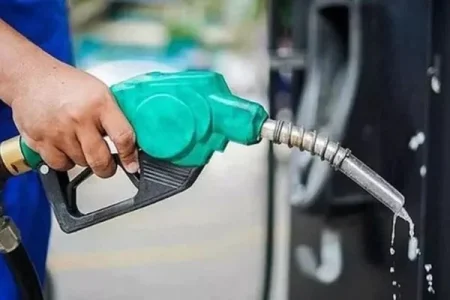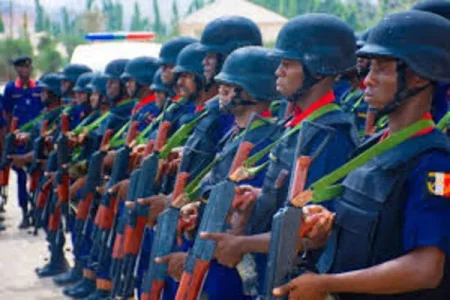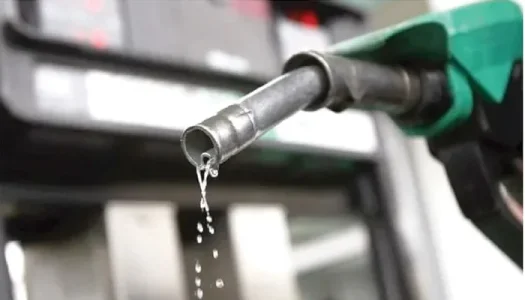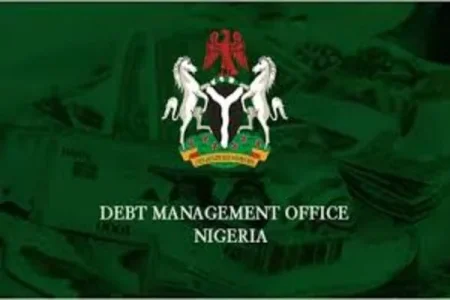
Petrol prices in Nigeria have surged towards N1,000 per litre due to persistent supply disruptions. In Abuja, Lagos, Kano, and Maiduguri, many stations are either closed or selling at inflated rates, causing long queues and significant public distress. The crisis is linked to inadequate supply from NNPCL and ongoing logistical issues.
Petrol prices have soared towards N1,000 per litre across Nigeria, exacerbated by ongoing supply disruptions. In the Federal Capital Territory (FCT), motorists face exorbitant costs, with prices reaching N980 and N950 per litre at some filling stations. The scarcity has forced many stations to remain closed, while those still operating see long queues of frustrated customers.
The Independent Petroleum Marketers Association of Nigeria (IPMAN) attributes the crisis to inadequate direct supply from the Nigerian National Petroleum Company Limited (NNPCL), forcing marketers to rely on third-party sources. This situation has been compounded by recent protests and supply chain disruptions. In Lagos, filling stations are selling petrol for between N568 and N650 per litre, while prices in Kano and Maiduguri range from N620 to N950, depending on the station.
Commercial drivers and consumers are expressing significant distress over the skyrocketing prices and the widespread scarcity, which they blame on the NNPCL’s alleged mismanagement and lack of transparency. The Human Rights Writers Association of Nigeria (HURIWA) has criticized the federal government’s inaction, suggesting that the persistent fuel shortage might be a strategic move to maintain the NNPCL's dominance and undermine the Dangote Refinery’s market entry.
Despite various excuses from NNPCL regarding logistical and supply issues, the crisis remains unresolved, impacting daily life and economic activities across the country.
4o mini




